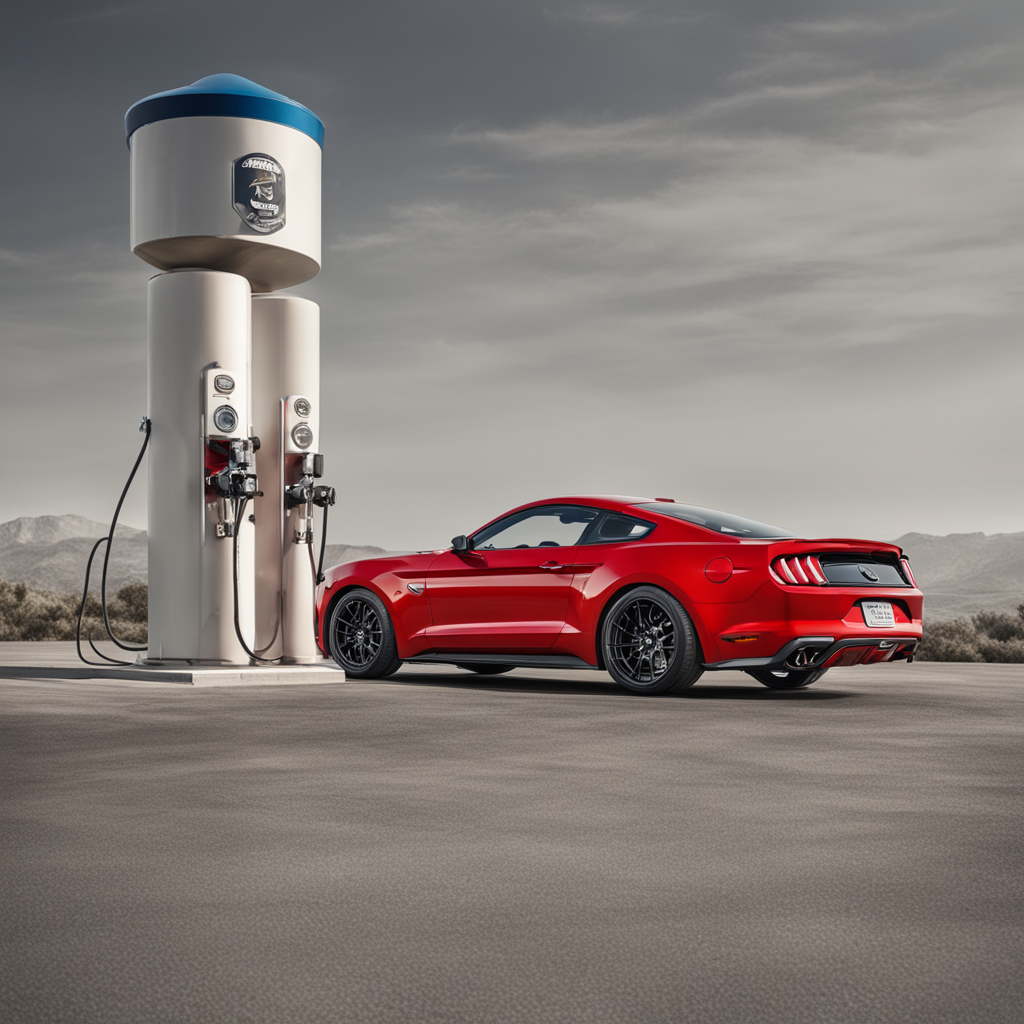A Comprehensive Guide to Fueling Your Ford Mustang GT
Is premium fuel necessary for your Ford Mustang GT? We explore the pros and cons, answer your questions, and provide a thorough analysis of this debate.
Updated October 17, 2023

Body
The age-old question: do Mustang GTs need premium gas? For decades, enthusiasts have debated whether the added cost of high-octane fuel is worth it. In this article, we’ll delve into the history of the Ford Mustang, explore the benefits and drawbacks of using premium gasoline in a Mustang GT, and provide expert insights to help you make an informed decision.
Introduction
The Ford Mustang has been an iconic symbol of American muscle since its introduction in 1964. The Mustang GT, in particular, is renowned for its powerful engine options, agile handling, and sleek design. As the demand for higher-performance vehicles grows, so does the debate over the necessity of premium gas. Are you wondering if your Mustang GT will run smoother and more efficiently on premium fuel? We’ll examine the facts to help you decide.
Answer to Question
So, do Mustang GTs need premium gas? The answer is not a simple yes or no. It depends on various factors, including:
- Engine type: If your Mustang GT has a naturally aspirated V8 engine (1996-2004), regular unleaded fuel might be sufficient. However, if you have a supercharged V8 engine (2005-2010) or the 5.2L Coyote engine (2011-present), premium gas is recommended.
- Driving habits: If you drive aggressively, haul heavy loads, or live in areas with high elevations, premium fuel might be beneficial.
- Environmental conditions: Extreme temperatures, humidity, and altitude can affect engine performance and emissions.
Pros

Using premium gasoline in your Mustang GT offers several advantages:
- Better Engine Performance: Higher-octane fuel can help optimize engine performance by reducing knocking or pinging (premature ignition), which can lead to improved power delivery and a smoother ride.
- Increased Fuel Efficiency: In some cases, using premium gas can result in better fuel economy due to the higher energy density of premium fuels.
- Enhanced Emissions Control: Premium gasoline can help reduce emissions by minimizing the formation of particulate matter (soot) and unburned hydrocarbons.
- Extended Engine Life: Using high-quality, detergent-rich premium fuel can help keep your engine clean and well-lubricated, potentially extending its lifespan.
Cons
However, there are also some drawbacks to consider:
- Increased Cost: Premium gas typically costs more than regular unleaded fuel, which may not be feasible for frequent or long-distance driving.
- No Visible Difference: If your Mustang GT is well-maintained and driven within normal parameters, you might not notice a significant difference in performance or fuel efficiency with premium gasoline.
- Potential Voiding of Warranty: Some manufacturers’ warranties may be voided if the recommended fuel type is not used. Check your owner’s manual to confirm.
Conclusion
In conclusion, whether your Mustang GT needs premium gas depends on various factors, including engine type, driving habits, and environmental conditions. While there are benefits to using premium gasoline, such as improved performance and emissions control, the added cost may not be justified for all drivers. If you’re unsure about the best fuel choice for your vehicle, consult your owner’s manual or speak with a qualified mechanic.
Recommendation:
- For naturally aspirated V8 engines (1996-2004), regular unleaded fuel is likely sufficient.
- For supercharged V8 engines (2005-2010) and 5.2L Coyote engines (2011-present), premium gas is recommended.
- If you drive aggressively, haul heavy loads, or live in areas with high elevations, consider using premium gasoline.
Remember to always check your owner’s manual for specific fuel recommendations and consult with a mechanic if you have any questions or concerns about the best fuel choice for your Ford Mustang GT.

